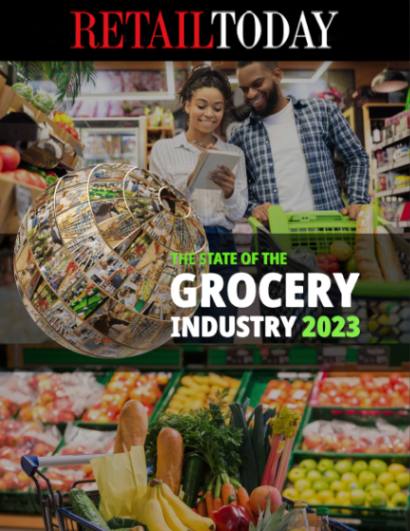Some 63% of global consumers prefer to purchase products and services from companies that align with their values and beliefs. And 62% of consumers are willing to switch brands until they find one compatible with their ethics.
nShift, the global leader in parcel delivery management software, is encouraging online retailers and webshops to take advantage of two new features of its Checkout solution to prove their ethical commitment to customers.
The new Positive Impact feature enables online retailers to set up delivery options that trigger donations to good causes. It helps retailers create an opportunity to showcase their values at a time when the customer is highly engaged with the shopping experience.
Positive Impact supports a wide variety of causes worldwide. They range from restoring natural habitats and removing rubbish from the sea, to improving access to nutrition and education. In each case, customers can see what impact their donation will have. Meanwhile, retailers can monitor and report back on their cumulative impact.
nShift’s Checkout Badges provide additional visual cues to prompt sustainable choices. It has long been possible for retailers to source and display sustainable delivery options through nShift. The new badging feature makes it easier for shoppers to quickly identify low-emissions options. For example, a retailer could display a small green leaf next to shipping choices with low-environmental impact.
Sean Sherwin-Smith, Post-Purchase Product Director at nShift said, “We’re seeing a huge importance placed on authenticity and brand values by shoppers. Companies must do more than talk about their values. They need to make them clear and tangible. Creating opportunities for shoppers to make choices that reflect their values, helps demonstrate that both retailer and customer share the same priorities.”
And, to complement Positive Impacts and Checkout Badges, later this year, nShift will also launch Emissions Tracker, which will help ecommerce companies and warehouses calculate, record, and analyze greenhouse gas emissions for every shipment. It enables companies to comply with environmental reporting requirements, and helps them pinpoint opportunities for emissions reduction.





